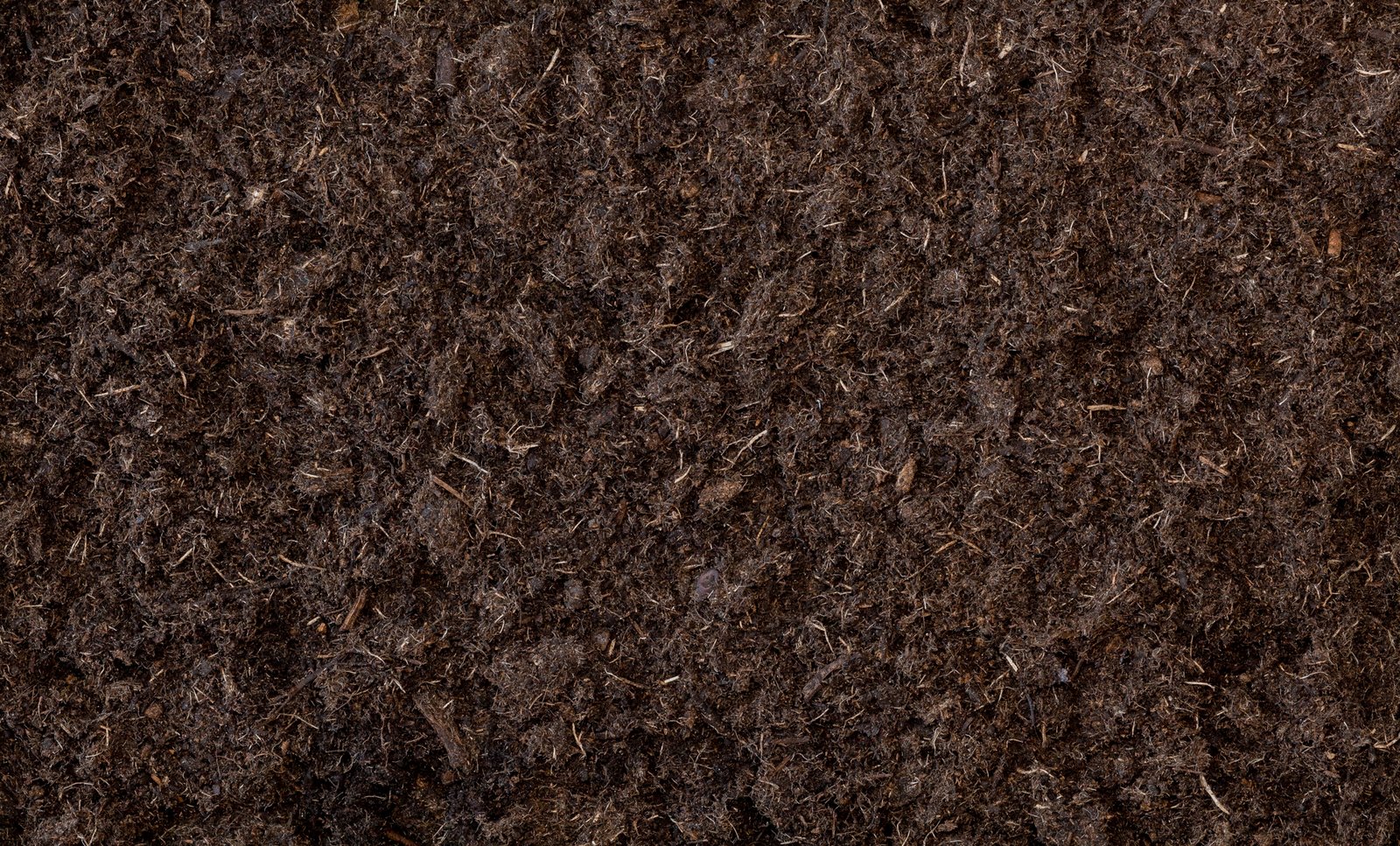
Why composting?
What is compost?
Compost is nature’s recycling system for organic materials, such as leaves, food scraps, and even paper. When these materials pile up, bacteria, fungi, and worms break them down. With the help of these organisms over time, this mixture turns into a nutrient-rich soil additive, called compost. It is a natural fertilizer that helps plants grow.

Why should I compost?
Composting offers a myriad of benefits that make it a valuable practice for both the environment and homeowners. Here are some reasons why you should consider composting:
- Waste Reduction: Composting transforms kitchen scraps, yard waste, and other organic materials into useful compost, significantly reducing the amount of waste sent to landfills. This reduction in landfill use not only conserves space but also decreases methane emissions—a potent greenhouse gas produced when organic waste decomposes anaerobically (without oxygen) in landfills.
- Soil Health Improvement: Compost enriches soil with essential nutrients. This improves its structure, aeration, and ability to retain water. This leads to healthier plant growth and increased resilience to pests and diseases- without the need for harmful chemical fertilizers and pesticides.
- Climate Change Mitigation: When garbage is sent to landfills, it releases methane, a greenhouse gas which is 28 times as potent than CO2, at trapping heat in the atmosphere. By diverting organic materials from landfills and turning them into compost, you can greatly reduce the emission of greenhouse gases. This contribution is vital in the fight against climate change, as it will lower your carbon footprint.
- Water Conservation: The improved soil structure resulting from compost application enhances the soil’s ability to retain water. This not only conserves water by reducing the need for frequent irrigation but also protects local waterways from runoff pollution.
- Economic Benefits: Composting at home can save money on waste disposal fees and reduce the need for commercial soils and fertilizers. By producing your own nutrient-rich compost, you can achieve productive gardening without the added cost of store-bought products.
- Educational Value: Engaging in composting can be an educational experience for people of all ages. It offers a hands-on way to learn about environmental cycles, the importance of sustainability, and how our daily choices impact the environment.
In summary, composting is a simple yet profoundly effective way to participate in environmental stewardship. It benefits the earth, supports sustainable gardening practices, and fosters a deeper connection with the natural world.
Ready to Start Composting?
Check out our getting started page with comprehensive guides and videos to get you on the path from turning your trash into black gold.